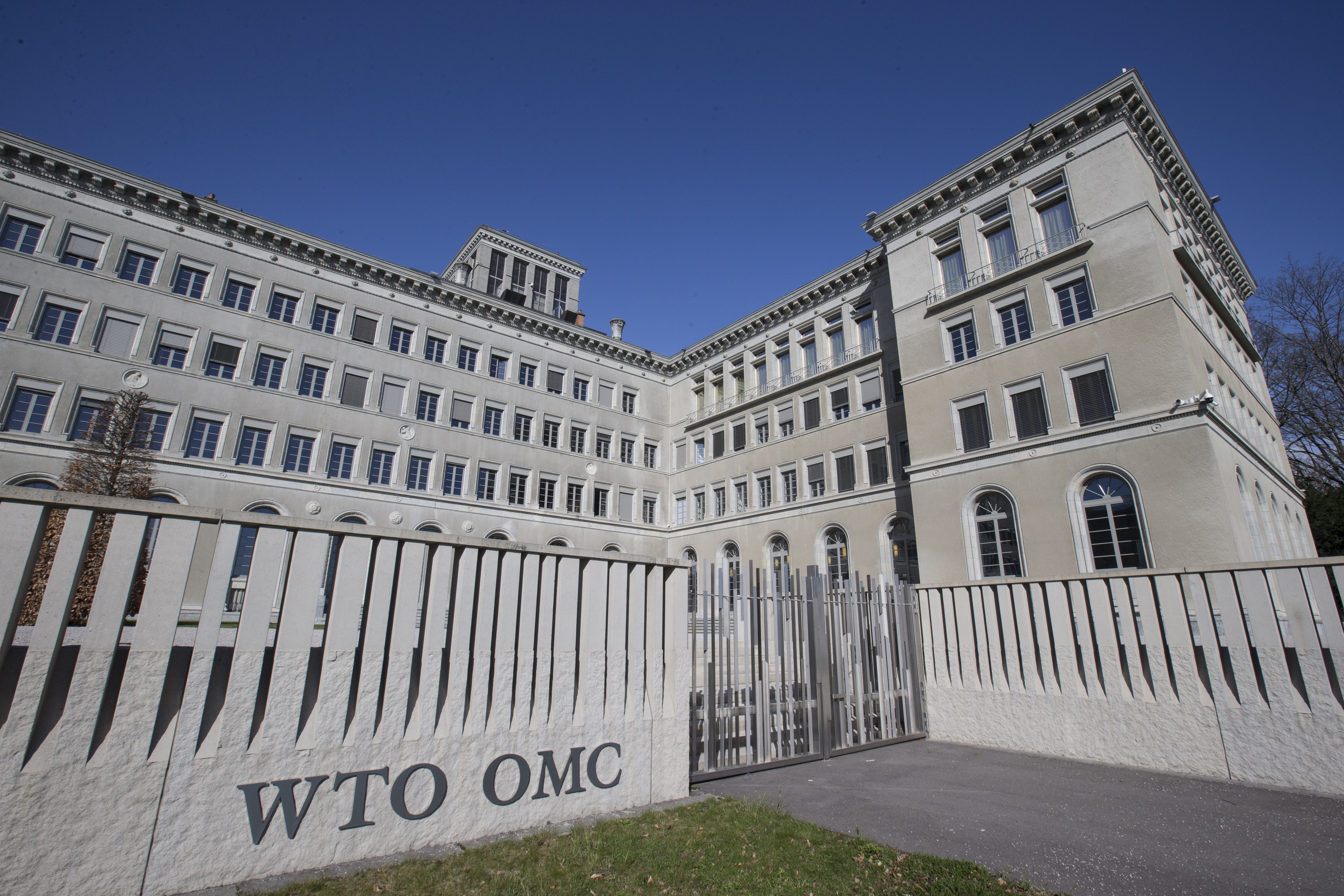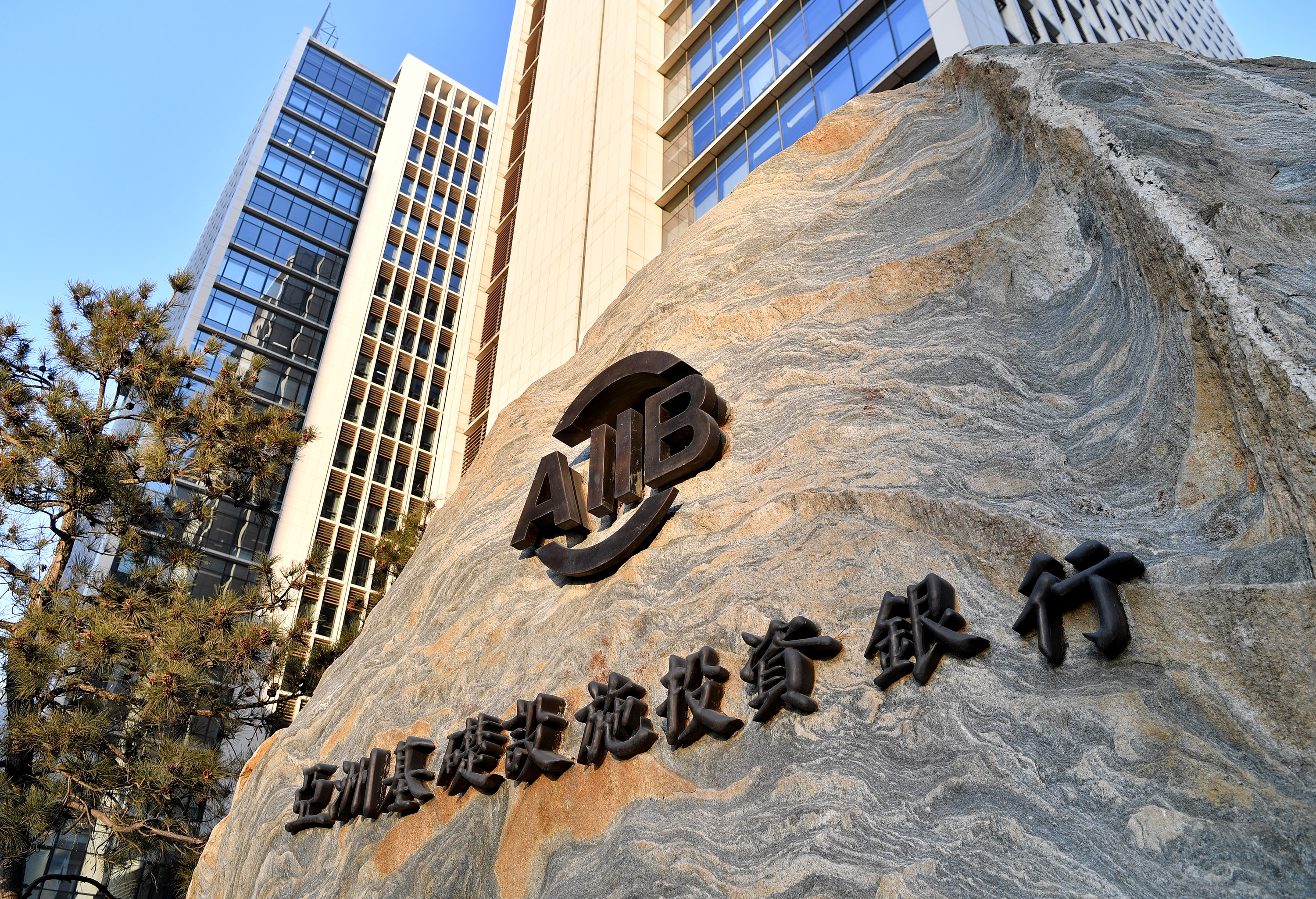Onwards from the Osaka G20
- By Wang Huiyao
 0 Comment(s)
0 Comment(s) Print
Print E-mail China.org.cn, July 16, 2019
E-mail China.org.cn, July 16, 2019

Eleven years ago, the first G20 Leader's Summit brought relevant nations together to seek multilateral responses to the existing global financial crisis. Today, the world economy again faces severe challenges. At this critical time, pundits around the world have been placing their hopes in the ability of the Osaka G20 Summit to revive multilateral cooperation and resist waves of trade protectionism.
At the summit, President Xi Jinping discussed pressing issues, such as reform of the international trading system, with the leaders of Japan, U.S., India and other G20 countries. While gaps remain on some issues, G20 leaders did reach a broad consensus on topics ranging from the global economy to sustainability.
This shows the promise for renewed multilateral cooperation to tackle any tendencies towards anti-globalization, leading to re-invigoration of the world economy.
Structural challenges for global governance
In the 21st century, with shifts of power and rapid technological development such as artificial intelligence and cloud computing, globalization has entered a new phase that brings unprecedented challenges.

Anti-globalization sentiment has manifested itself in increased unilateralism, trade protectionism and populism. These forces threaten the moves towards economic globalization and multilateralism, as seen in events such as Brexit and the U.S. withdrawal from the Trans-Pacific Partnership (TPP).
The U.S., long considered the lynchpin of multilateralism, has withdrawn from international organizations, even threatening to quit the WTO.
President Donald Trump has contributed to the growing crisis facing multilateralism. His unilateral approach on issues such as trade, technology and migration has marginalized multilateral institutions. This might lead to the stagnation or even reversal, with profound impact on the global economy.
Beyond Trump's actions, the global economy also faces deeper structural problems. Demographic challenges, stagnant labor productivity and a slump in global investment weaken the world economy. Meanwhile, the promised productivity boost of the "Fourth Industrial Revolution" has not yet fully appeared. As a result, economic globalization is facing headwinds around the world.
Multilateral solutions and China's role in integration
These complex global challenges require multilateral solutions. Only multilateralism, with an emphasis on rules-based mechanisms, fairness and inclusivity, can overcome the challenges of unilateralism and growing trade protectionism.
At the G20, China, as a major power, reiterated its commitment to actively supporting multilateralism. This is a message President Xi emphasized on each of his three major diplomatic visits overseas this year.
Given its rising role in the world, China can make significant contributions to upholding and reforming the global economic governance system.

High on the agenda is reform of institutions such as the WTO and the International Monetary Fund (IMF), recognized as being long overdue by countries around the world. During the WTO reform process, China can do more to voice the concerns of developing countries, using its influence to help balance the interests of developing and the industrialized countries.
China can also play a key role in regional integration, which is an equally important component of multilateralism. Next year, the Asian economy will become larger than the rest of the world combined in PPP terms, according to UNCTAD figures.
Yet, the vast majority of Asian nations remain developing or emerging markets. There are massive gains to be obtained from deeper Asian integration, which can become a constructive force to combat trade protectionism and promote international multilateral cooperation.

Mechanisms such as the Belt and Road Initiative (BRI) and the Asian Infrastructure Investment Bank (AIIB) proposed by China can play a key role in stimulating Asian development. In future, completion of the Regional Comprehensive Economic Partnership (RCEP) will also deepen China's cooperation with Japan, South Korea, India, and ASEAN countries, spurring regional integration and helping to meet the challenges of world economic development.
China should retain a flexible and pragmatic approach to promote regional integration in Asia. For example, China could consider joining the Comprehensive Progressive Trans-Pacific Partnership Agreement (CPTPP), which offers trade rules in areas such as services and e-commerce currently overlooked by the WTO.
Joining CPTPP would not only boost China's access to a huge regional market, but it could also provide an external impetus for continued internal reform and opening-up. With China involved, the economic clout of the CPTPP would be significantly expanded, augmenting China's position in the process of economic integration in the Asia-Pacific while also adding vitality to global growth.
At a time when the global economy faces challenges on many fronts, all countries should recognize that multilateralism is the best way to cope with a new stage of globalization. Building on the positive outcomes of the Osaka G20 Summit, China can strive to promote the spirit of multilateralism and international cooperation, contributing to peace and prosperity in Asia and the whole world.
Wang Huiyao is president of the Center for China and Globalization (CCG).
Opinion articles reflect the views of their authors only, not necessarily those of China.org.cn.
If you would like to contribute, please contact us at opinion@china.org.cn.






Go to Forum >>0 Comment(s)